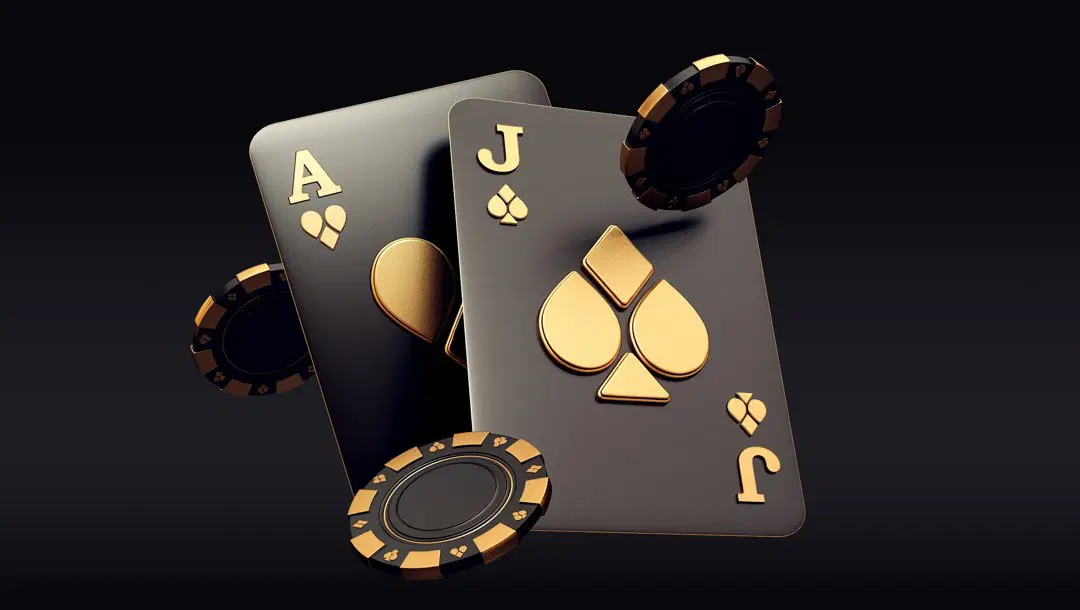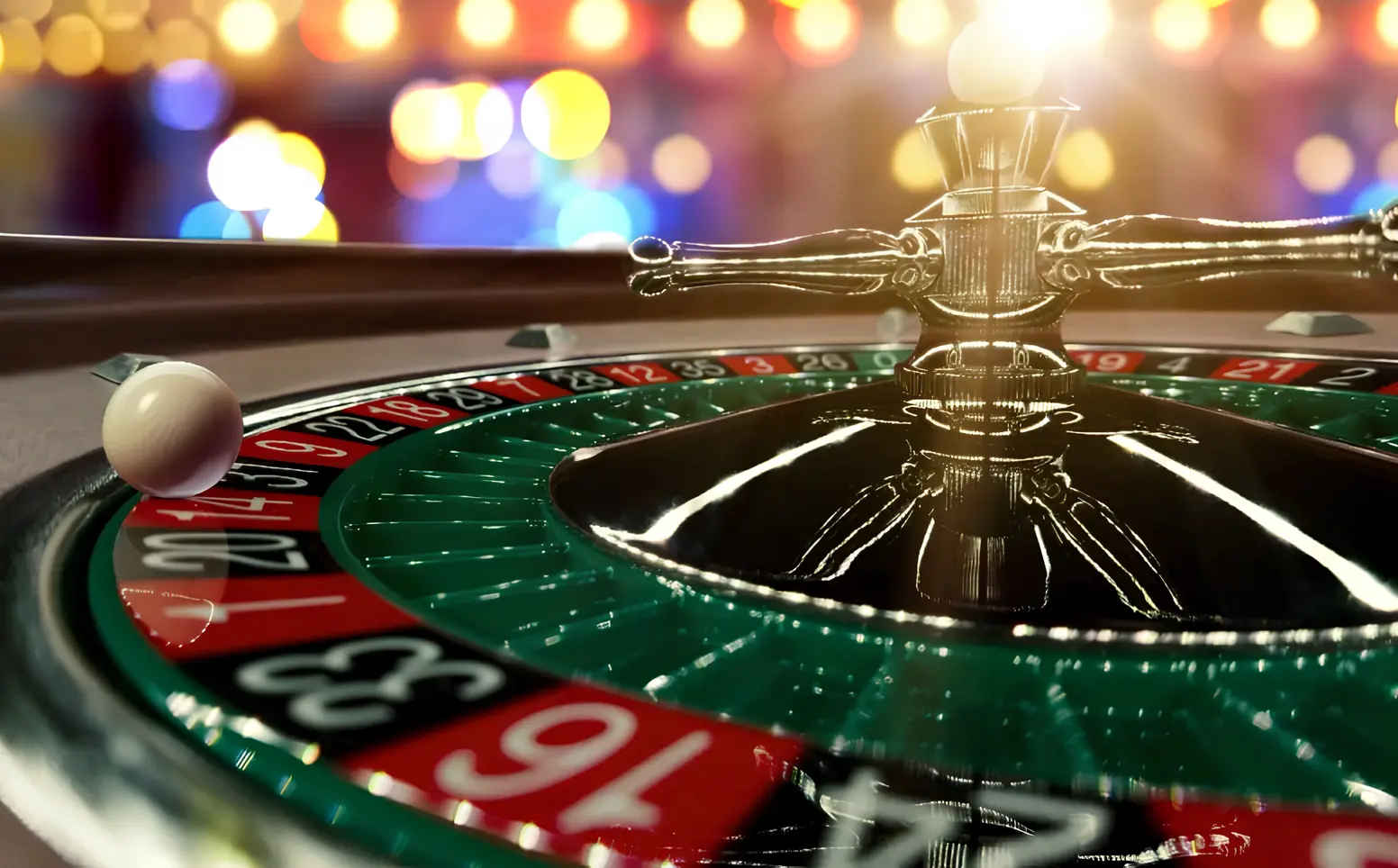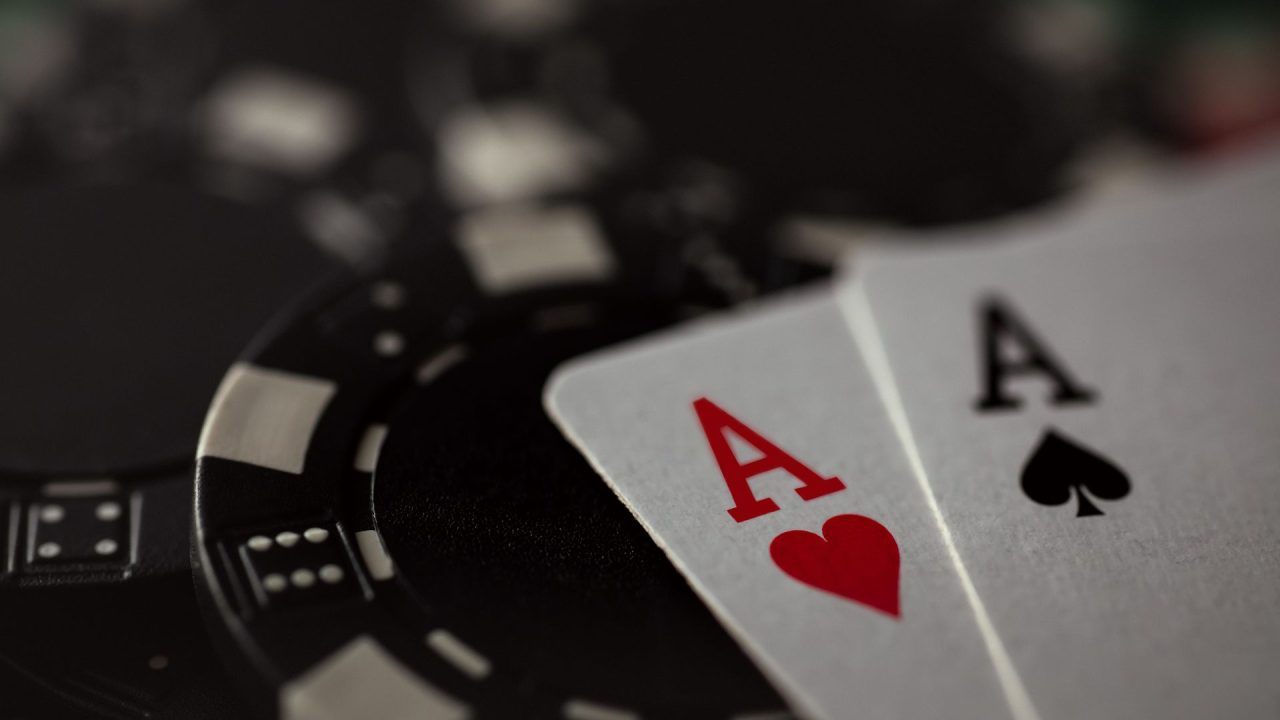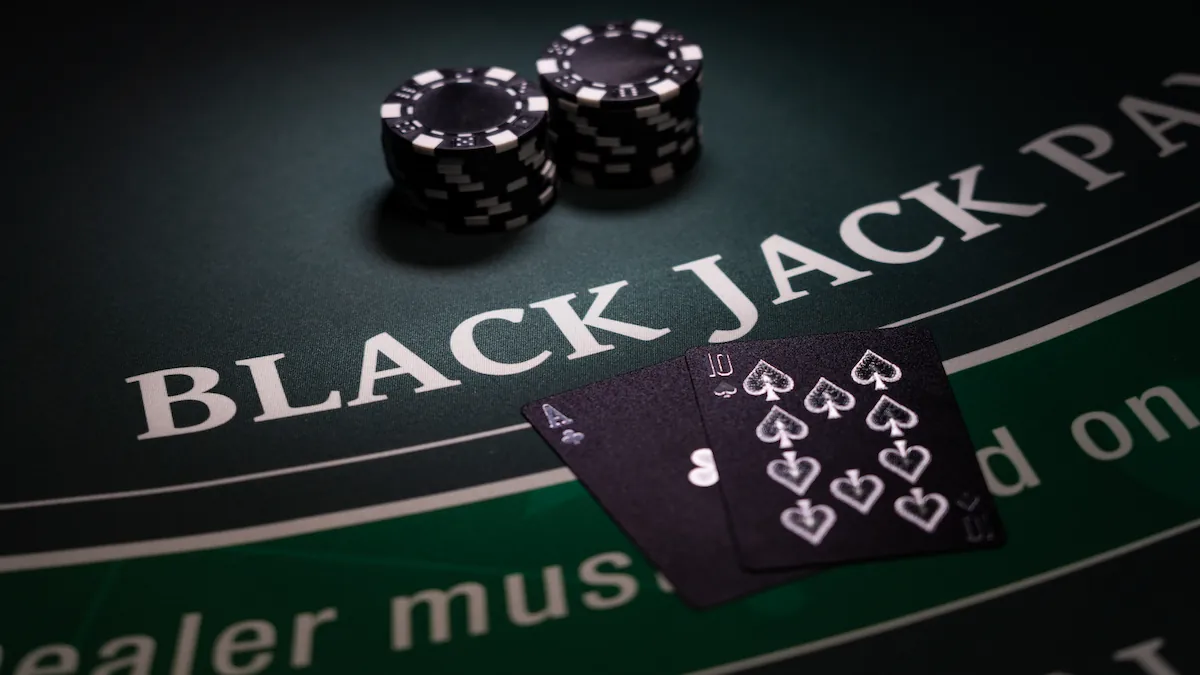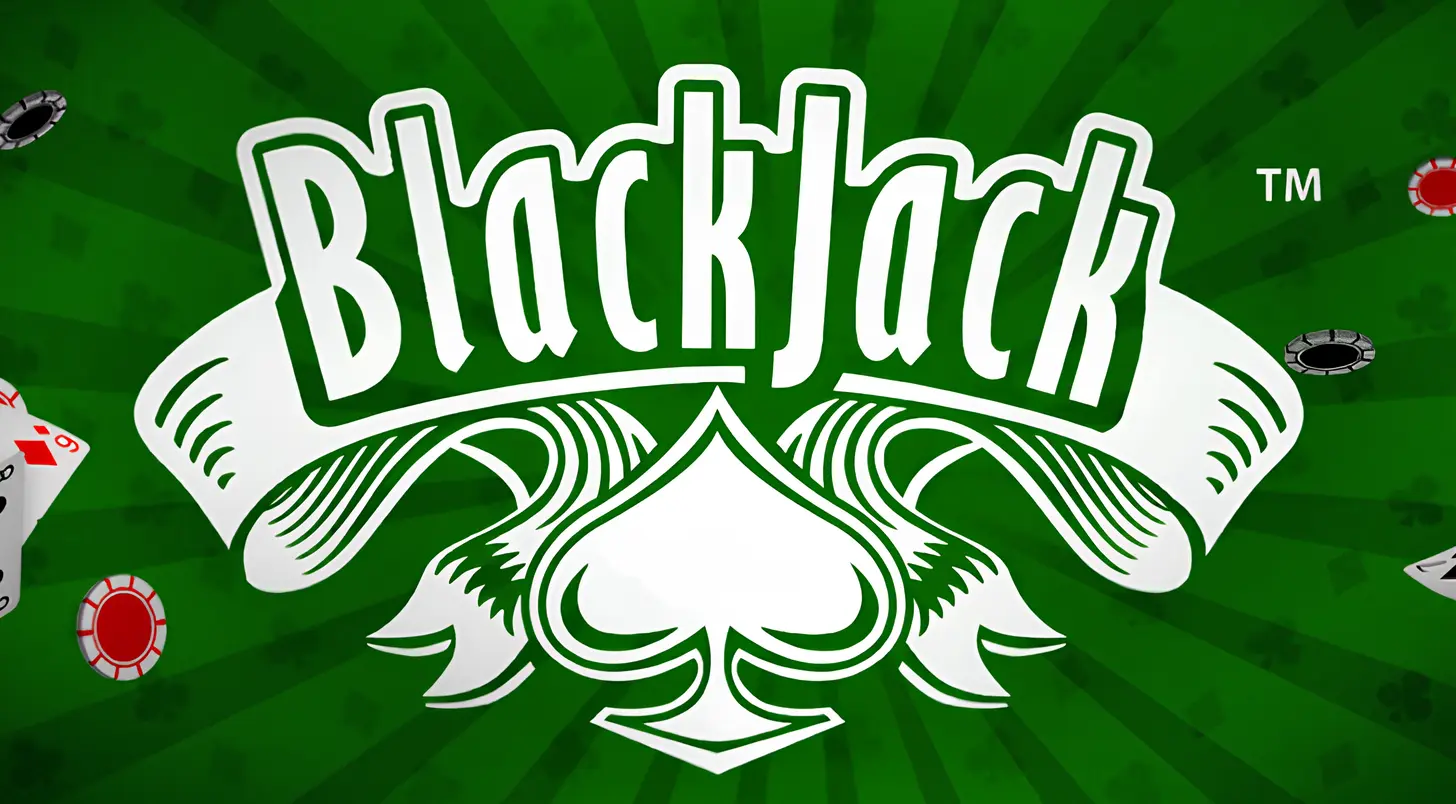 312
312
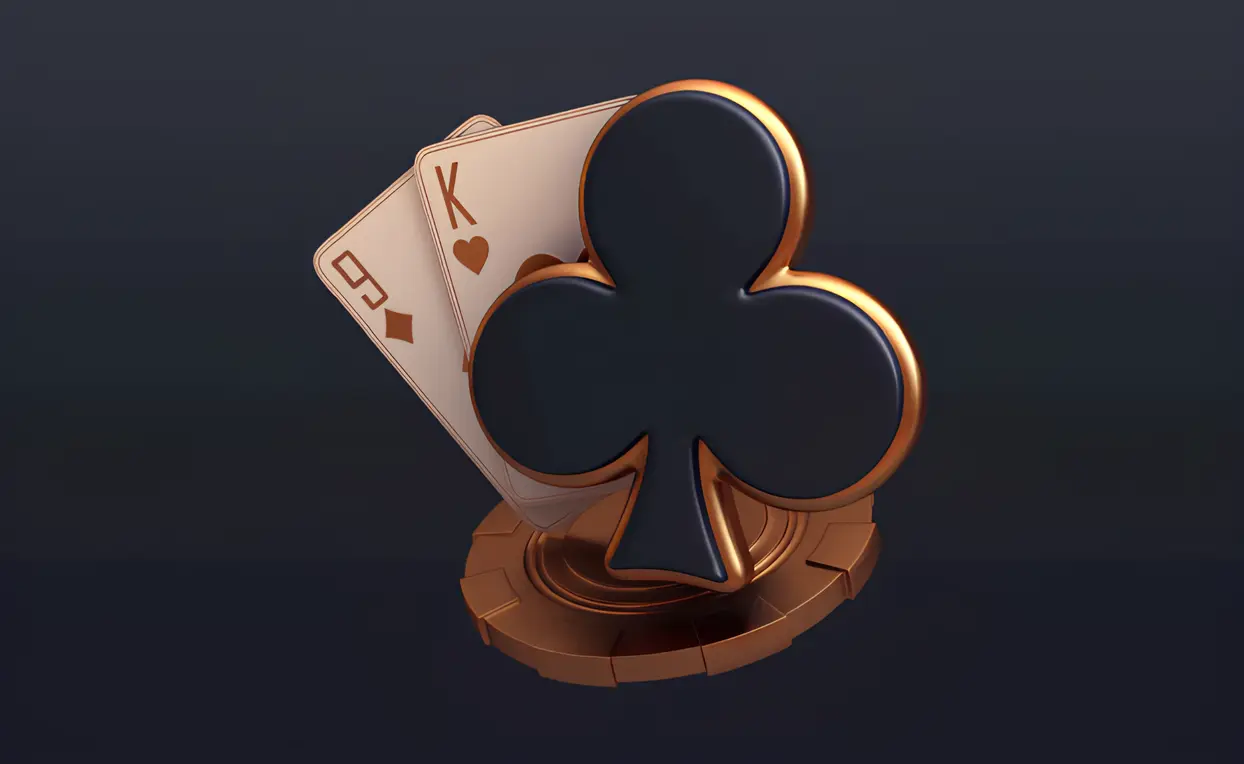
Understanding Edge Sorting in Table Games
People in the gambling world consider edge sorting to be a particularly controversial technique. It is not found in any hidden tool, use of cards, or hacking—yet it can change the odds for the player. It looks like a skilful approach to spotting and using behavioural habits to others. For some, it looks like just another form of cheating.
Techniques like edge sorting are closely watched or even rendered ineffective by stringent controls in a top casino, especially after Phil Ivey’s controversy. Yet, what is edge sorting, and why has it brought lawsuits, been outlawed, and generated worldwide debate?
Let’s examine the steps starting from the basic stage.
What Is Edge Sorting in Gambling?
Edge sorting meaning is about finding certain playing cards by focusing on tiny flaws on the back of the cards. This typically occurs due to minor design issues, such as misaligned parts or uneven borders.
Most players would not really see these small issues. Still, with training, one can tell the rank or value of each card without flipping them over. That’s how they get their edge. If someone thinks they might draw a 9, 10, or face card, they can change how much money they wager.
What’s essential is that the player never marks or adjusts the cards. They work considering the flaws that are part of the deck’s original manufacturing. The secret is to tell which cards you have, then adjust how the dealer places or moves them. Naturally, the player often wants a few cards to be turned because they hope it will bring them luck. If the dealer does as requested, the player’s deck will reverse the high and low cards. That makes reading the game a lot simpler.
How Edge Sorting Works in Casino Games
Edge sorting can only be successful in particular situations. Although casinos have taken extra measures recently, the technique still works on these ideas:
- Edge sorting cards have designs that differ slightly between their front and back. Sometimes, a change of just 1mm in a pattern is easy for a skilled observer to spot.
- It doesn’t work when players can see all edge sorting cards at all times. Baccarat, blackjack, and sometimes poker offer players a way to use this approach.
- Dealer Cooperation often happens without dealers trying to do so. A player could ask the dealer to spin a “lucky” card so that other players will remember it for later.
- The longer you play with the same cards, the more chances you have to get familiar with them and take advantage.
All together, edge sorting makes use of gentle changes to how casino employees and the environment react, not just to the edge sorting cards.
In Which Games Does Edge Sorting Work?
Baccarat
Many people link baccarat edge sorting with a strategy. Why? It’s straightforward, the steps are often repeated, and the same edge sorting cards stay in the game for a long time. If you know which high-value cards are going to be drawn, it’s much easier to win with edge sorting baccarat.
With edge sorting baccarat, once you rotate these cards apart from the rest, you will recognize them when they are dealt a second time. Knowing the general high value of the card is enough for them to change their bets. Therefore, baccarat is a suitable game for this technique, as it offers a consistent card system to work with.
Blackjack
Dealing with Blackjack is a bit more difficult. During edge sorting blackjack, people at the table play briskly, the dealer shuffles continuously, and individuals touch their playing cards more regularly. However, if shufflers at a casino aren’t able to reorient the cards and the cards’ backs aren’t similarly created, edge sorting blackjack takes on viability.
For example, you want to find out when the next 10 will be used during the game. As a result, you can choose to hit, double, or change your bet. Even though it can be hard, edge sorting may give an advantage in blackjack because players can recognize the same shuffling patterns happening again.
Poker
Because the decks are tightly controlled in large or casino events, almost no one can do edge sorting poker. Still, when you play poker in private sessions or supervised locations where the cards are repeatedly handled, edge sorting poker strategy may be used. In fact, it is rarely done without being discovered. When you play poker, lower-stakes games can be riskier since card wear and shuffling by hands can give away your moves.
Is Edge Sorting Illegal?
It’s at this stage that matters become difficult. Edge sorting cannot be considered a crime. The player is not using any secret device, is not working with the dealer, and isn’t altering the cards. Even if a practice is allowed by law, it doesn’t always seem right to everyone.
In the casino’s eyes, the player is possibly cheating the game by using different mental strategies. Let’s take a look at a perfect edge sorting example.
In 2011, Phil Ivey was a renowned expert in edge sorting poker. He employed his edge sorting technique to win substantial amounts of money in edge sorting baccarat, gaining worldwide recognition in the gambling world. He wasn’t in violation of the law. When the Phil Ivey casino realized what had happened, they stopped paying him. The determination in Phil Ivey casino was made after a long fight in court, even though Ivey had not cheated in the traditional sense—he was punished for acting dishonestly during gambling.
This highlighted how baccarat edge sorting can be effective when some places do not use standardized, flawless decks.
The Phil Ivey Edge Sorting Case
Most people know about Phil Ivey’s edge sorting from baccarat matches, where he showed it was highly effective. The Phil Ivey baccarat scandal broke out after Ivey used edge sorting to distinguish the card backs, so he knew which cards gave him an advantage without changing the game.
Phil Ivey’s strategy got noticed after casinos realized he had used it to win millions. As a result, many argued about whether behavior deserved to be called skill or Phil Ivey cheating. In the end, the courts found that even without tampering, Ivey’s use of the edge sorting method broke the casino’s fair play rules and, therefore, favored the casinos.
After Phil Ivey banned, rulings followed, and many venues refused to allow him to play. In addition to being banned, Phil Ivey was involved in lawsuits about the money he took home from gambling. This event is still often discussed as a classic example of edge sorting that tested the line between making legal use of a rule and Phil Ivey cheating.
The casino game where Phil Ivey used edge sorting was baccarat, and the playing surface and the pattern on the cards let him spot minuscule imperfections and adjust his game accordingly. The case demonstrated that baccarat edge sorting is most effective when casinos use non-standardized and non-ideal decks.
This indicates that Phil Ivey legal troubles fall into a gray area of casino gambling laws. Whether a player used algorithms or another person to do their work isn’t important here. The question is whether they used the environment to give them an unfair edge.
Is It Wise to Use Edge Sorting?
Edge sorting, in the casino’s opinion, goes against the core idea of fair play. Although some players may think it’s a smart strategy, it’s actually a way to take advantage of physical flaws in cards, which game developers work hard to stop. To maintain transparency and randomness, casinos employ automated shufflers, precision-cut decks, and surveillance. Even passive manipulation of these mechanics is regarded as a significant breach of the integrity of the game.
In addition to being impractical, edge sorting is a low-reward, high-risk strategy for most players. Even if it goes unnoticed, it poses significant ethical and legal risks, and its chances of successful implementation in contemporary settings are very slim. Such tactics may result in permanent bans, disqualification, or the forfeiture of winnings.
The great majority of the industry views edge sorting as manipulation rather than a skill, despite some professionals romanticizing it as a valid edge play. It’s a bad decision for average players in addition to being unfeasible.

